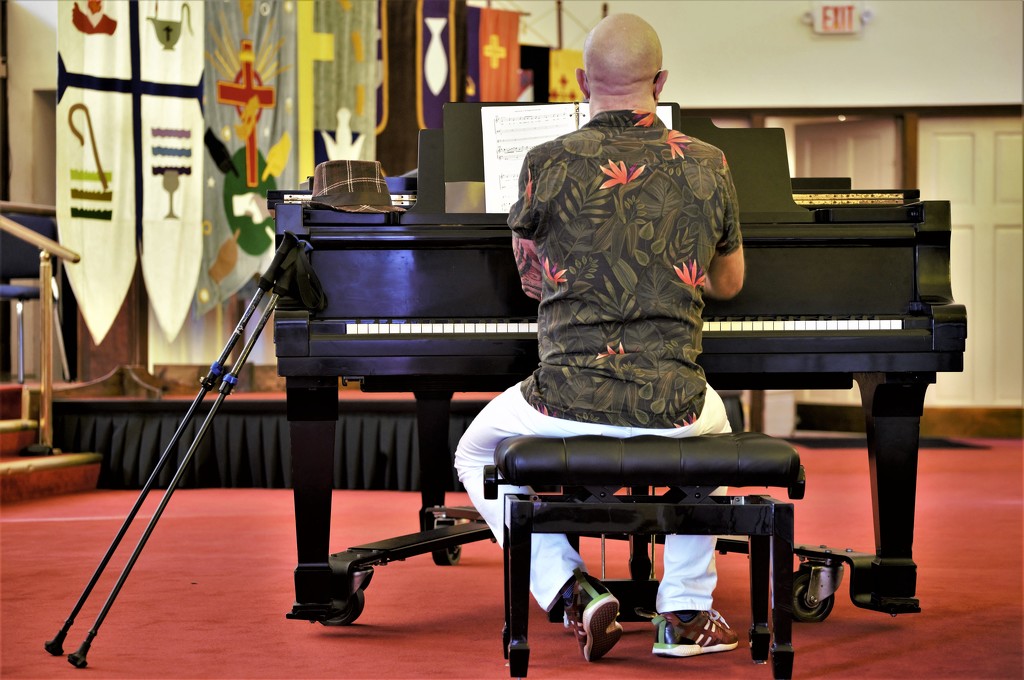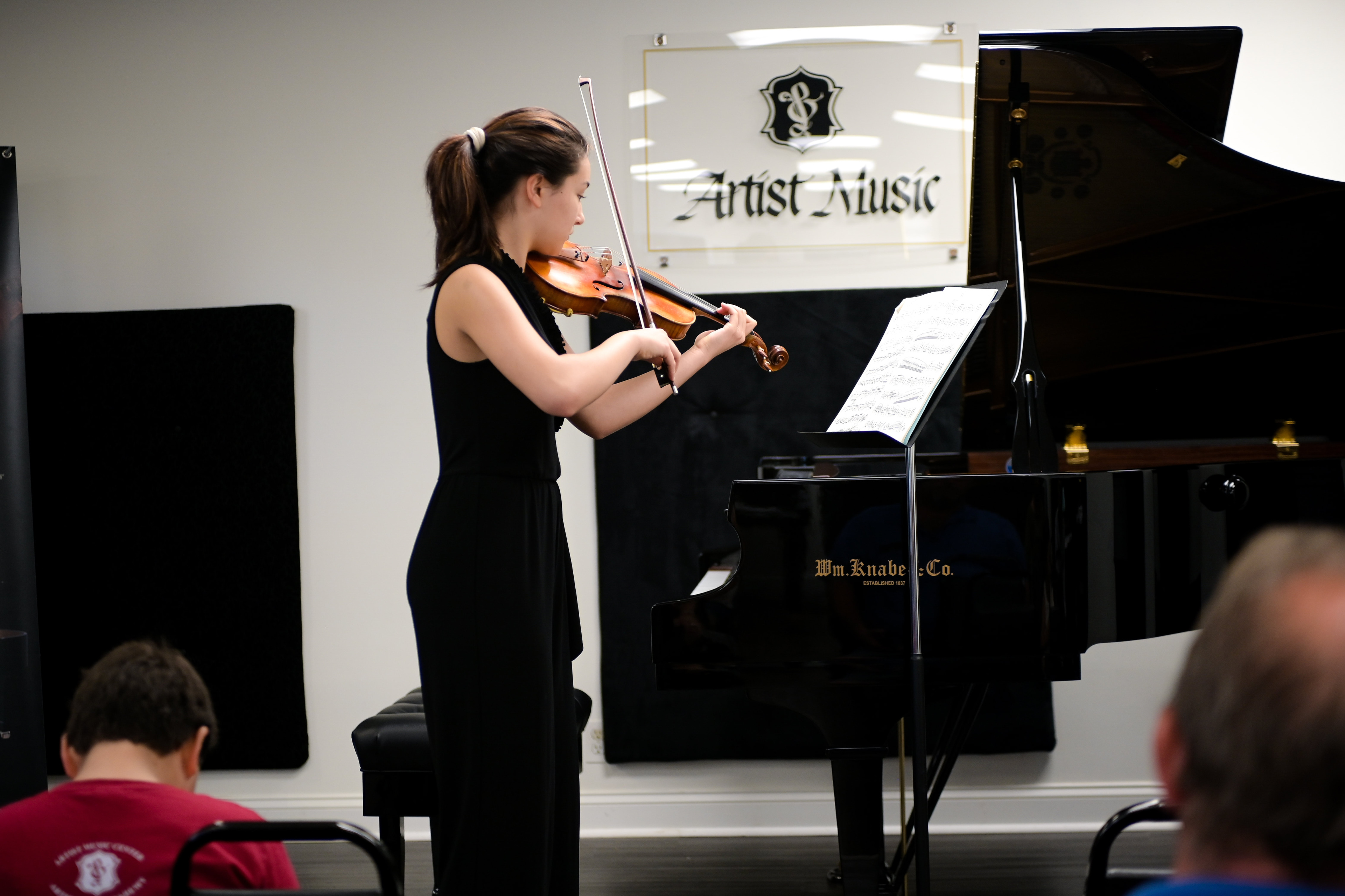
She is recognized nationally and internationally for her work as a collaborative artist and teacher, and has held collaborative artist positions at Interlochen, Oberlin Baroque Performance Institute, Toledo Opera Association and Bowling Green State University.

(ABD) is a prolific pianist and pedagogue. Student Accompanists Available for Recordings, Lessons and RecitalsĮmma Wu - Bonski-Evans, D.M.A. If you need the services of an accompanist beyond what the Department has assigned to you or can provide, you may inquire with one of these individuals regarding what they will charge you to provide the services you need.
ACCOMPANIST PROFESSIONAL
Below is a list of student pianists who are regularly employed by the Music Department, and a listing of professional accompanists that our students and faculty have successfully worked with in the past. Steve Hodson.Īt times students need additional services for individual projects and off-campus events, the funding for which may not be provided by the Music Department. Any student who wishes to receive Department provided accompanist services should inquire to Dr. (See above!) However, if you did everything right and your pianist still regularly shows up inexcusably unprepared… talk to your teacher or the collaborative pianist supervisor (currently Professor Winston Choi Just as much as you have a responsibility to your pianist, they have a responsibility to you.The Music Department strives to provide appropriate piano accompanists for all regular curricular purposes including for-credit lessons, colloquia appearances, jury exams, masterclasses, and formal Junior and Senior recitals. Sometimes we’re unprepared because we didn’t get the music in time. When your pianist agrees to perform with you, they make a commitment to you, too. (I’m not your teacher, so ask them first, but expressing yourself visually can help me understand you and your interpretation.)ĬAVEAT – if you are struggling to work with an unprepared pianist:
 Convey a mood, story, or style with your body language. This helps a TON with tempos, breaths, phrasing… basically, everything. Send me a recording you’d like to emulate. This can make our performance even more meaningful and collaborative! Send me a short discussion of your thoughts, translation, and/or context to start a conversation.
Convey a mood, story, or style with your body language. This helps a TON with tempos, breaths, phrasing… basically, everything. Send me a recording you’d like to emulate. This can make our performance even more meaningful and collaborative! Send me a short discussion of your thoughts, translation, and/or context to start a conversation.  What’s the music about? I can do research on my own, but it’s so much better when we’re on the same page. But, the ownership is on you to be prepared.īONUS – Tips from my all-time Favorite Collaborative Performances: Our job is to follow you, yes, and we might even cover up small things that go wrong if we can. Blame the pianist for your own mistakes. Transposing takes a lot of time and effort – it can be like learning an entirely new piece – so ask your pianist if it’s possible, and give them plenty of time. Would you say yes to someone asking you to sing, play, or act in a piece you’ve never done before? With little to no notice? Do anything without AT LEAST 48 hours notice. Your pianist is your partner, and they’ve worked hard to make this performance a good one. Acknowledge your collaborator at the end, with a respectful gesture, nod, or verbal “thank you”. From the audience’s perspective, this habit is perceived as if you don’t trust your accompanist, or you haven’t rehearsed enough. The easiest way to be together is to breathe. Breathe before you play, sing, or speak. (Will you require rehearsal beforehand? How many hours? Will you be performing for a class, a crowd, or a few friends? Does your institution cover the pianist’s fee, or will you need to pay them? Clarify expectations regarding time commitment, performance situation, and pay. ( This will save you both time in rehearsal.) Write in important changes like breaths, pauses, and cuts. Pianists have a lot of music to learn, and it’s not our job to locate a second version because of an unusable document. DO NOT send us music that is blurry, incomplete, or otherwise hard to read. We all have different preferences – single- or double-sided, printed or PDFs, etc. Sheet music should be clear and legible. This gives you a chance to meet with them beforehand, or send a few comments, as needed.) (This gives them as much time as possible to learn the music and feel comfortable before the performance. This also prevents you from scrambling last-minute.) (This allows them to check their calendar, mark it down, or say “no” if they’re unavailable. Notify your accompanist of all dates and times as soon as you can. Tips to Remember: Before the performance: They are your artistic partner, and fostering a good relationship with them will set you up for a successful performance.
What’s the music about? I can do research on my own, but it’s so much better when we’re on the same page. But, the ownership is on you to be prepared.īONUS – Tips from my all-time Favorite Collaborative Performances: Our job is to follow you, yes, and we might even cover up small things that go wrong if we can. Blame the pianist for your own mistakes. Transposing takes a lot of time and effort – it can be like learning an entirely new piece – so ask your pianist if it’s possible, and give them plenty of time. Would you say yes to someone asking you to sing, play, or act in a piece you’ve never done before? With little to no notice? Do anything without AT LEAST 48 hours notice. Your pianist is your partner, and they’ve worked hard to make this performance a good one. Acknowledge your collaborator at the end, with a respectful gesture, nod, or verbal “thank you”. From the audience’s perspective, this habit is perceived as if you don’t trust your accompanist, or you haven’t rehearsed enough. The easiest way to be together is to breathe. Breathe before you play, sing, or speak. (Will you require rehearsal beforehand? How many hours? Will you be performing for a class, a crowd, or a few friends? Does your institution cover the pianist’s fee, or will you need to pay them? Clarify expectations regarding time commitment, performance situation, and pay. ( This will save you both time in rehearsal.) Write in important changes like breaths, pauses, and cuts. Pianists have a lot of music to learn, and it’s not our job to locate a second version because of an unusable document. DO NOT send us music that is blurry, incomplete, or otherwise hard to read. We all have different preferences – single- or double-sided, printed or PDFs, etc. Sheet music should be clear and legible. This gives you a chance to meet with them beforehand, or send a few comments, as needed.) (This gives them as much time as possible to learn the music and feel comfortable before the performance. This also prevents you from scrambling last-minute.) (This allows them to check their calendar, mark it down, or say “no” if they’re unavailable. Notify your accompanist of all dates and times as soon as you can. Tips to Remember: Before the performance: They are your artistic partner, and fostering a good relationship with them will set you up for a successful performance. 
The most important thing to remember when working with an accompanist is to communicate with them EARLY and EFFECTIVELY. Piano Performance ’22 Fostering a Good Relationship: Brought to you by the CAL’s Professional Development Blog Series.īy: Kaitlyn Clawson-Cannestra, M.M.








 0 kommentar(er)
0 kommentar(er)
